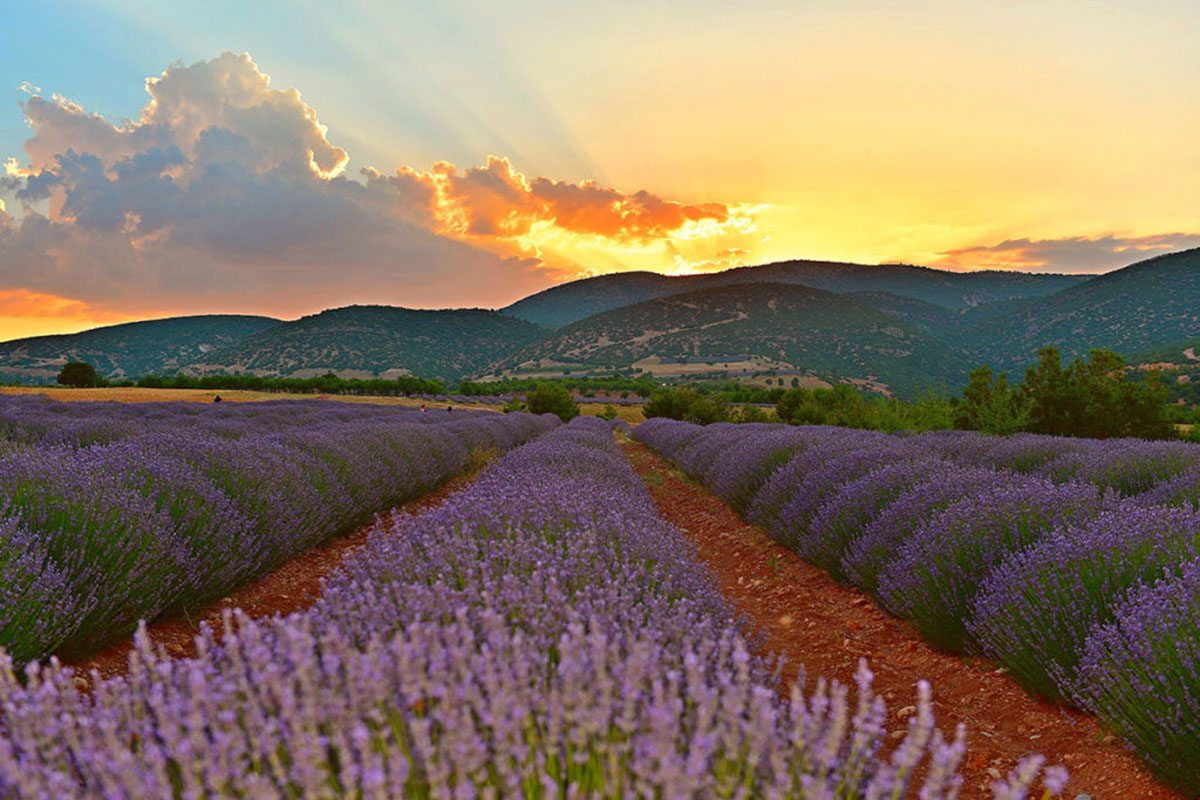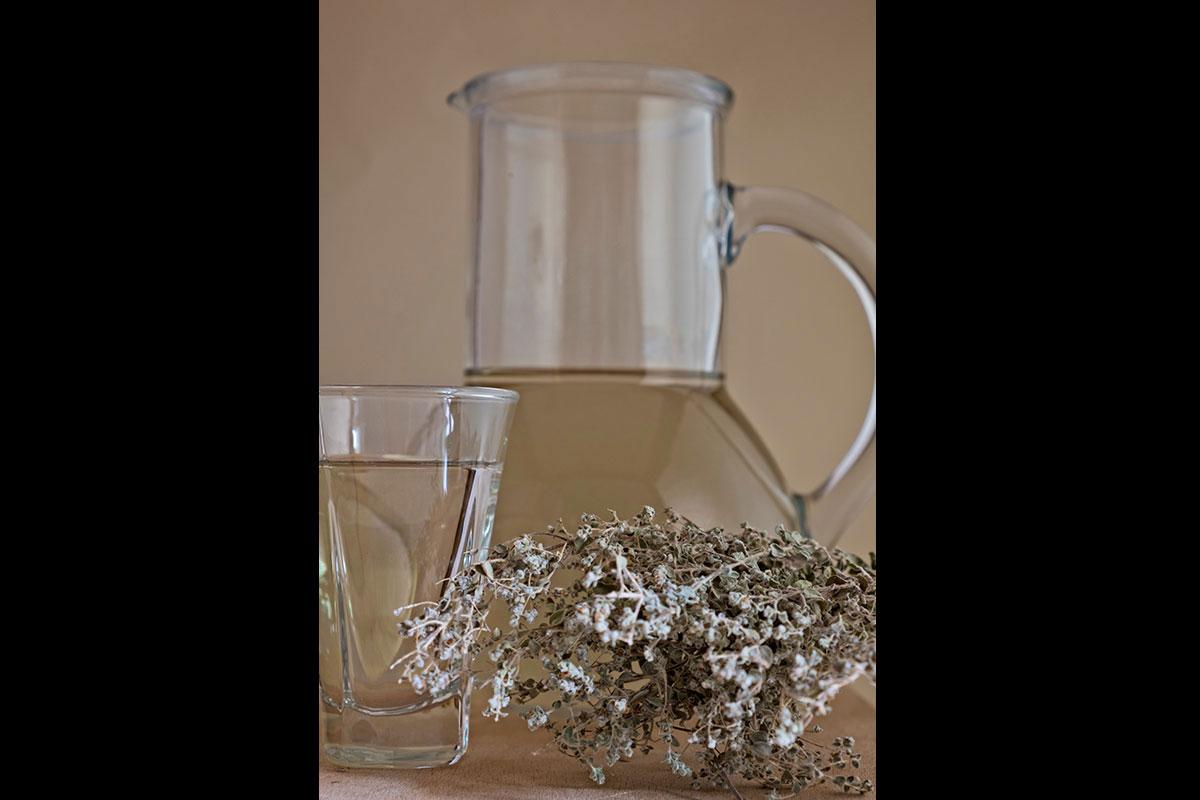3 Remarkable Hydrosols from Turkey You Should Experience
Introduction
In the world of botanical distillates, hydrosols are gaining widespread appreciation for their gentle aromas and diverse natural applications. Often referred to as floral waters or aromatic waters, hydrosols are produced as co-products during the steam distillation of plants for essential oils. They offer a delicate version of a plant’s fragrance and character—perfect for those seeking subtle, nature-based formulations.
Among the world’s notable producers, Turkey has emerged as a premier source of high-quality hydrosols, thanks to its ideal climate, fertile soil, and deep-rooted traditions in plant cultivation and distillation. This article highlights three remarkable hydrosols—lavender, oregano, and rose—and examines how Turkish growers and distillers are making an impact in global markets.
1. Lavender Hydrosol: Calm Grown in the Turkish Highlands
Lavender hydrosol is widely admired for its clean, soft floral scent. It is produced by steam distilling fresh lavender flowers, typically harvested in the early summer. In Turkey, particularly in the highlands of Isparta, lavender thrives in rocky soils and dry climates that enhance the concentration of its aromatic compounds.
Turkish lavender fields are known not only for their beauty but also for their consistency in producing high-quality flowers ideal for hydrosol extraction. The distillation process is typically carried out shortly after harvest to preserve freshness and maintain aromatic fidelity.
What distinguishes Turkish lavender hydrosol is the region’s unique altitude and dry climate, which contribute to a pure, herbaceous scent profile with subtle sweet undertones. It is a popular choice in artisanal formulations, natural home products, and botanical perfumery due to its balanced aroma.
2. Oregano Hydrosol: Earthy Aromatics from Turkish Slopes
Oregano hydrosol is lesser-known than its essential oil counterpart, yet it offers a rich, earthy scent that represents the rugged terrain where the plant grows. Southwestern and western Turkey are home to wild and cultivated oregano, especially in low to mid-elevation areas where the dry Mediterranean climate supports aromatic intensity.
In Turkey, small-scale producers often gather oregano by hand before distilling it in copper or stainless steel stills. The result is a hydrosol with a warm, herbal scent—a distilled reflection of the sun-soaked hills and plateaus where oregano naturally thrives.
The country’s long-standing familiarity with oregano as both a culinary and aromatic plant ensures that the entire process, from harvesting to bottling, is approached with both care and expertise. Turkish oregano hydrosol is valued for its full-bodied aroma, making it a strong element in natural scent blends and botanical creations.
3. Rose Hydrosol: A Fragrant Symbol of Turkish Tradition
Among all floral waters, rose hydrosol holds a special place due to its luxurious scent and historical roots. In Turkey’s Isparta region, rose cultivation has been part of rural life for generations. Known as the “City of Roses,” Isparta produces thousands of tons of petals each year during a short but intense harvest season in late spring.
Rose hydrosol is made by steam distilling fresh petals, typically within hours of picking. Unlike some commercial processes elsewhere, Turkish distillers prioritize small-batch distillation that captures the complete aromatic spectrum of the flower.
What makes Turkish rose hydrosol remarkable is its depth of fragrance. The careful harvesting, cool distillation methods, and heritage cultivation ensure a floral water that’s rich, velvety, and unmistakably true to its bloom. Turkish rose hydrosol is a staple in natural perfumery and an integral product in traditional uses across the region.
Why Turkey Leads in Hydrosol Production
Turkey’s diverse geography—ranging from mountain valleys and high plateaus to sunny coastal plains—provides optimal conditions for growing a variety of aromatic plants. The country’s climatic diversity, coupled with centuries-old agricultural traditions, has shaped a culture that values natural products and artisanal processing.
In regions like Isparta and Denizli, local farmers and distillers use traditional steam distillation techniques with modern refinements to ensure that each hydrosol maintains purity, fragrance, and consistency. The proximity of harvest sites to distillation units minimizes the time between picking and processing—one of the keys to high-quality hydrosol production.
Moreover, Turkey’s agricultural heritage means that many hydrosol producers are family-run or cooperative-based, creating products with attention to detail and strong ties to the land.
Conclusion
Whether it’s the soothing floral notes of lavender, the earthy strength of oregano, or the intoxicating elegance of rose, Turkish hydrosols offer some of the finest botanical waters available today. Grown in regions blessed with ideal climates and processed using time-honored methods, these hydrosols reflect the rich natural and cultural landscapes of Turkey.
From artisanal perfumers to botanical enthusiasts, more creators are turning to hydrosols from Turkey to add depth and authenticity to their natural product lines. These three remarkable examples—lavender, oregano, and rose—are a testament to the country’s role as a global leader in aromatic excellence.



